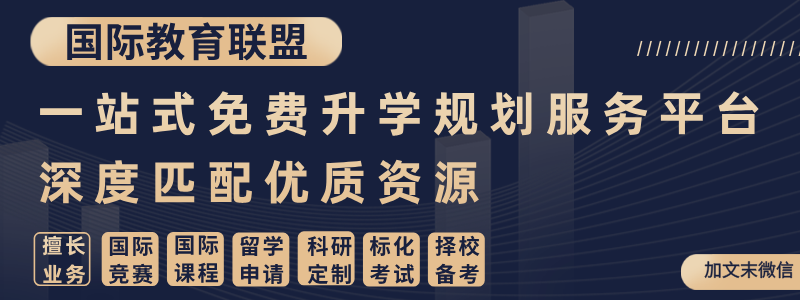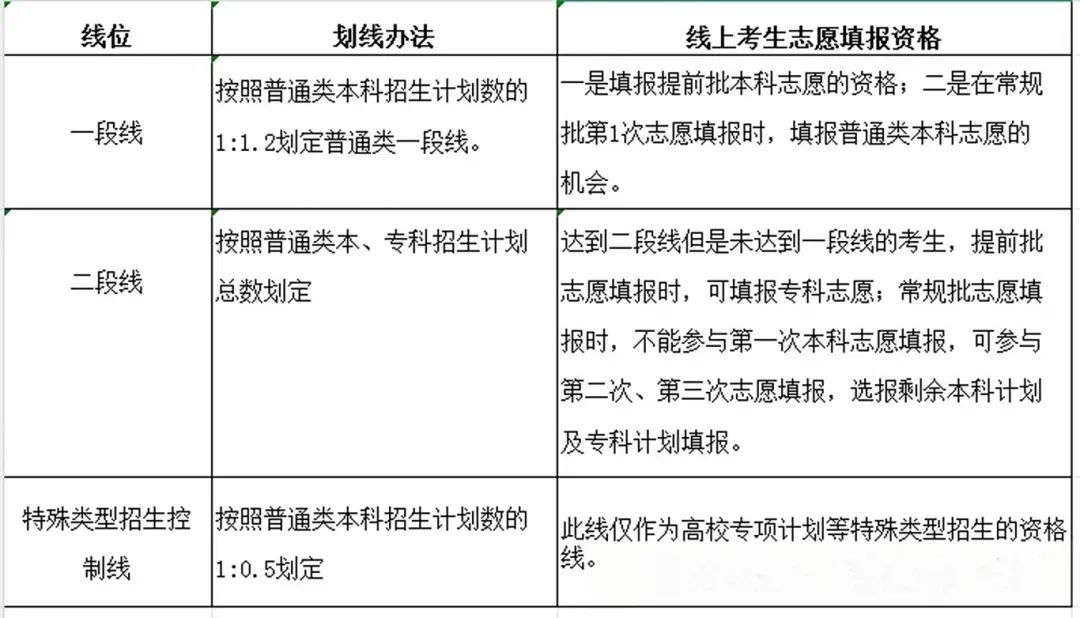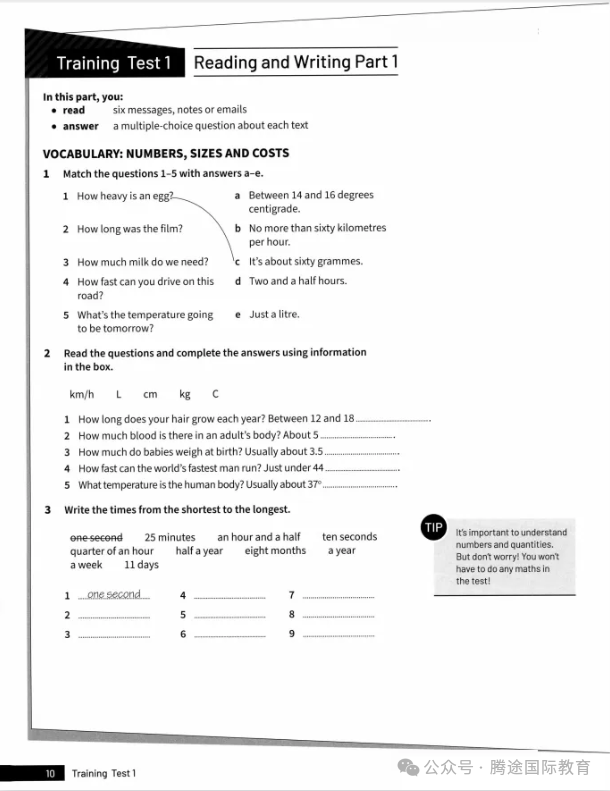“Hi大家好!我是一个e人……”
在一个陌生伙伴初次见面的破冰聚会中
大家是否听过这样的开场白
当你疑惑,常听e人这样介绍自己
那么i人呢?
首先,i人极不可能出现在这种场合
如果非出现不可,自然先不声不响在旁倾听
直到被一个e人发现,于是……
e:(兴奋)“啊,你是i人吧!”
i:(惊慌,默默点头,想逃……)
生活中,总有一些类似这样的情景出现
人们对i人会有这样的印象——
喜欢独处,不喜欢公开活动或社交
尤其喜欢深度思考和独立工作
“那么,i人是不是不适合辩论啊?”
有人看着辩论场上唇枪舌战剑拔弩张的架势
发出一句灵魂拷问🤔
今天,Coach Yuling就前来打破
“i人不适合辩论”这一刻板印象!
她以自身为例
讲述了她作为INFP在辩论中的优势
希望对辩论望而生畏的i人同学们
可以发掘自身亮点,勇往直前!
Coach Yuling
■ 多年实战辩论经验,擅长公共论坛式辩论、英式辩论、华语辩论等多种辩论形式
■曾3年连任NHSDLC辩论营地导师,指导学生获得NHSDLC全国赛冠军、区域赛冠军等重要奖项
■ 授课风格专业性强,课堂过程会运用专业经济学及政治学模型拆解辩题
The Introvert's Guide to Debate:
How to Give Full Play to Your Natural Strengths
i人辩论指南:如何充分发挥你的天然优势
It’s a common assumption that introverts dislike public events or social gatherings—they prefer solitude, deep thinking, and independent work. But does this personality trait hinder or help in competitive debate? Let’s explore how introverts can harness their natural strengths while addressing key challenges in debate performance.
人们常认为内向者不喜欢公开活动或社交,更倾向于独处、深度思考和独立工作。这样的性格特质在竞技辩论中究竟是劣势还是优势?本文将探讨内向者如何利用先天优势,克服辩论中的关键挑战。

As an INFP introvert myself, I thrive when researching alone, refining logical arguments, and drawing motivation from intellectual breakthroughs rather than group interactions. This personality trait actually may help in competitive debate, especially in the preparation.
作为一个INFP型内向者,我享受独自研究、梳理逻辑链的过程,我喜欢从学术突破中获得动力,而非团队讨论和互动。这样的性格特质其实在竞技辩论中反而是优势,尤其是在备赛环节。

Introverts often excel in the research phase. Their ability to work independently for extended periods allows for thorough case-building and nuanced argument development. Unlike extroverts, who may seek external stimulation,introverts derive motivation from internal progress, making them resilient during long, tedious preparation. This depth of preparation can translate into stronger, more cohesive arguments in-round.
这是因为i人通常更擅长长时间独立工作,能深入地构建论点以及细化论证。与e人更需要外界激励不同,i人相比而言更倾向于从自身进步中获得动力,因此在枯燥的备赛期更具韧性,也不易受到外界干扰。这种赛前的深度准备能在比赛中转化为更强有力、逻辑严密的论点。

Introverts tend to remain calm in high-stakes environments. While extroverts might display more overt aggression or react strongly to wins/losses, introverts often maintain steadier emotional composure.
内向者在高压力环境中通常更冷静。外向者可能表现出更强的攻击性或对胜负反应激烈,而内向者往往能够保持较为稳定的情绪。
In high-pressure rounds, introverts usually show:
· Less reaction to losses:
They don't spiral after a bad crossfire, which helps avoid being swayed by temporary setbacks and refocus quickly, allowing for clearer strategic decisions mid-debate.
· Steadier delivery:
Even though they may be nervous internally, they still show a smooth delivery, and this can be read as confidence.
在面对巨大压力时,内向者的应对方式会是:
· 快速翻篇:
他们不会因为一轮的失利而陷入苦恼,影响后续发挥。
而是会迅速调整,从而做出更清晰的战略决策。
· 稳定输出:
即使他们可能内心会紧张,但表现出的还是平稳的发挥,这种天生的内敛性格表现可能会被裁判解读为自信。

Although emotional stability can help introverts to play steadily without fluctuations. But beware: Judges may misinterpret calmness as disengagement. Counter this by:
· Making deliberate eye contact with judges.
· Using vocal emphasis(e.g., pausing before key points).
虽然情绪稳定可以帮助i人辩手在赛场上不受波动,稳定发挥,但要注意:评委有可能会将冷静误解为冷漠。为了避免这点,你可以尝试刻意与裁判保持眼神交流;对关键论点加重语气。

Debate isn't just what you say—it's how you say it.I remembered that when I was judging during Nations competition, I voted for the team thatacted like they won, even though the other side had better evidence. It is because in one semifinal, "the other side" team's post-round defeatism ("We definitely lost") unconsciously biased my ballot.
辩论不仅要看你表达了什么,更是要看你怎样表达。我记得我曾经当国赛裁判时,这一场比赛中把票投给了表现得像赢家的队伍,尽管另一方证据更强。那是因为当时在一场半决赛中,那一方赛后消极的表态(“我们肯定输了”)无形中影响了我的裁决。
Introverts must learn to project confidence, even if it feels unnatural. Persuasion requires embodying anextroverted presence:assertive delivery, unwavering eye contact, and vocal conviction.
所以内向者必须学会展现自信,即使这显得不自然。说服裁判需要“外向式”表现:坚定的表达、眼神交流和声音感染力。
· Project conviction:Say "This is true" like you mean it.
· Own the space:Stand firm, avoid defensive body language.
· Prep performance:Practice speeches in front of a mirror to spot nervous habits.
· 展现确信:用“这是事实”的语气说话。
· 掌控空间:站姿坚定,避免防御性动作。
· 刻意练习:对着镜子模拟,改掉紧张的小动作。
Introverts bring unique strengths to debate (deep analysis, emotional stability), butmust consciously adopt performative skills to sway judges. Balance authenticity with tactical extroversion—your arguments deserve to be heard.
内向者具备独特优势(深度分析、情绪稳定等),但需有意识地培养表演技巧以打动评委。在保持真实性的同时,策略性展现外向特质——你的论点值得被听见。
Copywriter | Yuling
Editor | Susan
看了这篇文章
作为 i 人的你
是不是对辩论更有信心了呢?
















